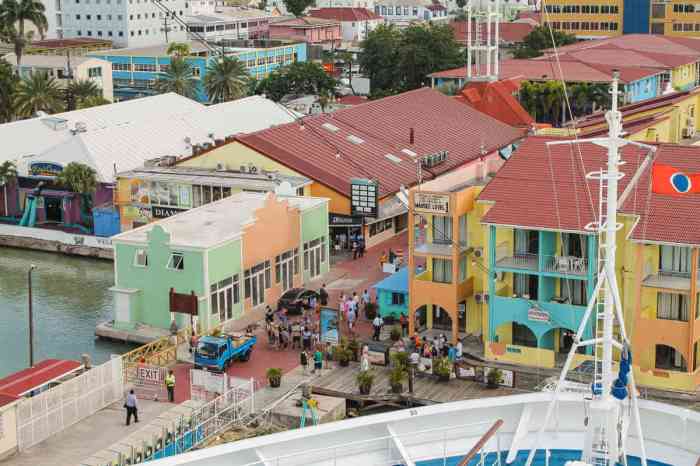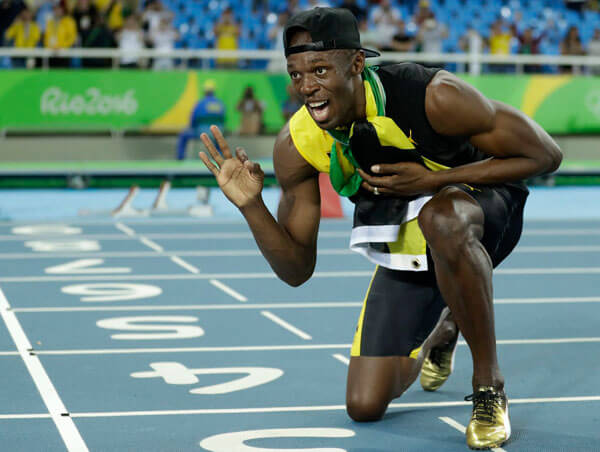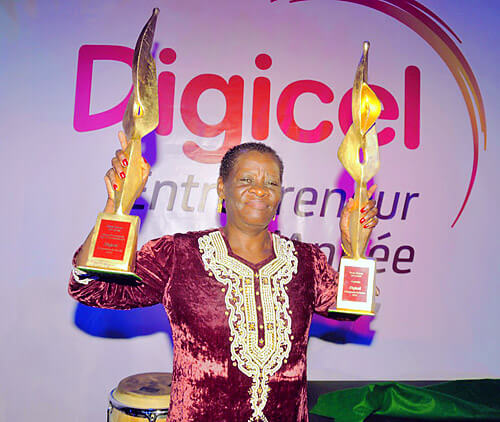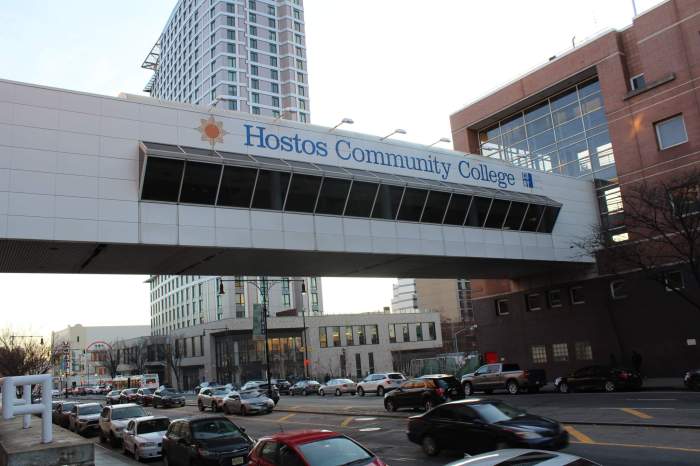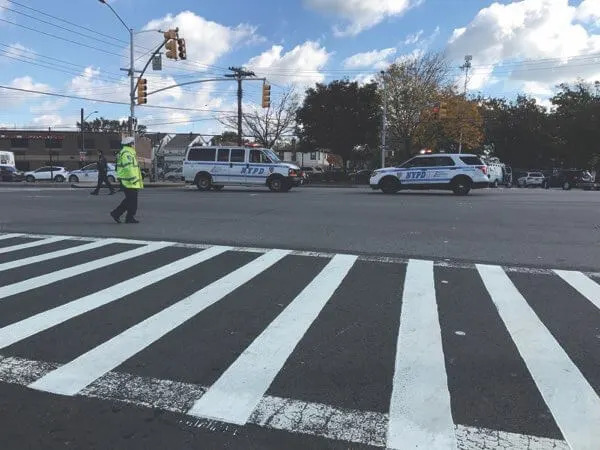Jamaica recently became the first country in the English-speaking Caribbean to utilize an additional area code.
On May 31, 658 added to the area code already established 876 that connect international callers to the island.
However, also implemented on that date was a new mandatory practice nationals living on the island must adjust to that requires dialing three extra digits when making a local call.
Jamaicans were accustomed to dialing seven numbers but must now add either 876 or 658 in order to connect with their neighbors.
The 10-digit dialing system was enforced in order to accommodate the addition of the new area code 658 which was assigned because the 876 long distance code was reportedly “almost depleted.”
From now until Oct. 30 will be designated as the permissive period, which means seven-digit calls will still be allowed based on a collaboration between the Office of Utilities Regulation (OUR) and telecommunication providers, FLOW and Digicel.
However, after this permissive period, it will become mandatory that persons dial the 10 digits.
The OUR which is responsible for implementing the change explained that “this new code will be used in addition to and not as a replacement for the existing 876 area code.”
“It will be used once the existing telephone numbers under the 876 area code are exhausted,” Ansord E. Hewitt, OUR director explained.
With that said the additional area code will ensure that there are sufficient numbers to meet the demand over the next 25 years.
According to the Jamaica Information Service’s web portal “the new area code will work alongside the existing 876 that was first assigned in 1996 when it was the view then that it would provide sufficient numbering capacity for the next 20 years of demand growth.
However, 13 years later the country had to consider the introduction of a new area code to augment the existing 876 numbering space.”
Andrew Wheatley, the island’s minister in charge of technology, science and energy cited the increased competition among local telecommunication providers as the primary reason for the proposed introduction of the new 658 area code.
Others reasons Wheatley listed, include: the introduction of an increase in the growth of home and business telephones and the rapid spike in wireless phones, pagers, modems and fax machines.
Allegedly, the new area code will provide more than seven million additional numbers for the next decade.
Jamaicans have become accustomed to the practice of revisions which first required a five-digit dialing process.
A long distance dialing area code established 809 as the number assigned to Jamaica.
That designation even became signature with an 809 Band which distinctly identified the musicians as ambassadors representing the reggae destination.
Historical data that “December 2009, 6.25 million of the assumed capacity of 7.73 million numbers had been assigned to telecommunications service providers and their projected five-year demand for numbers indicated a need for 1.31 million new numbers over the next three years.”
In June 1996, Jamaica’s ‘876’ area code was assigned in order to meet the burgeoning demand for numbers.
“It was envisaged then, that the area code would provide sufficient numbering capacity for the next 20 years of demand growth.”
Allegedly, the 876 area code has been linked to a form of telephone fraud known as the “one ring scam.”
Wikip
Similar scams have been linked to Grenada (area code 473), Antigua (268), the Dominican Republic (809, 829 and 849), and the British Virgin Islands (284).”











